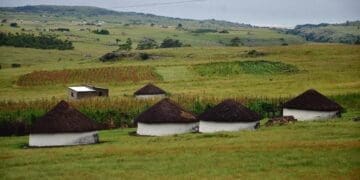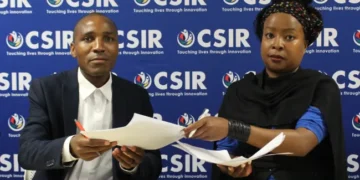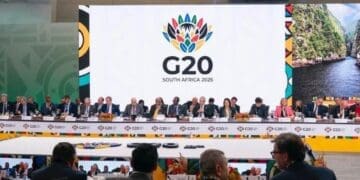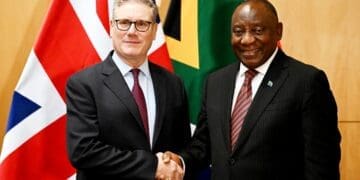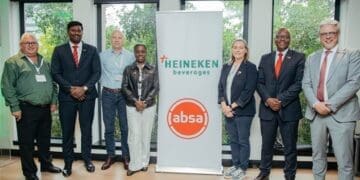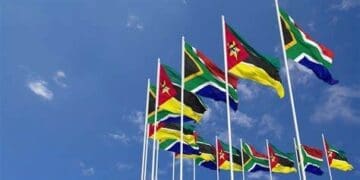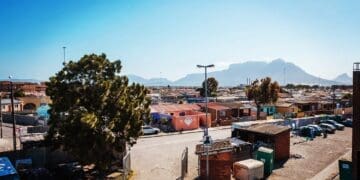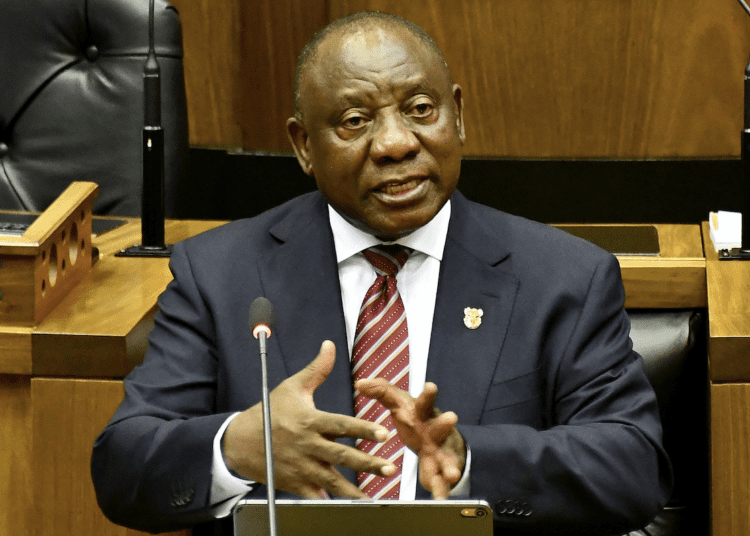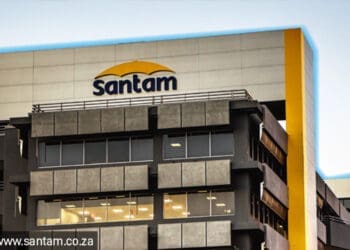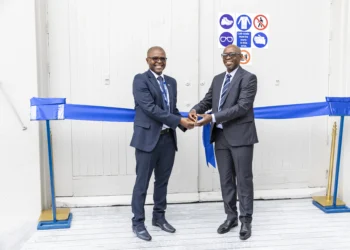President Cyril Ramaphosa plans to re-industrialise the country’s economy by placing a focus on growing small businesses.
Ramaphosa delivered what he termed the country’s economic reconstruction and recovery plan on Thursday in a joint sitting in Parliament.
Here are some of the highlights from his speech that focused on SMMEs:
The social partners have agreed to support a massive ‘buy local’ campaign for this festive season, with a particular call to support women-owned enterprises, small businesses and township enterprises.
Every South African will contribute to the recovery effort by choosing to buy local goods and support local businesses.
A central pillar of this work is the transformation of the economy, creating space for new black and women entrants and take deliberate steps to change ownership and production patterns.
In promoting localisation and industrialisation, the focus will, in particular, be on the development of small, medium and micro enterprises. This will take place alongside the development of rural and township economies.
READ MORE: SMMEs set to benefit from localisation project
There are between 2.4 million and 3.5 million SMMEs in the country, with the largest number in the informal and micro sectors. They offer the greatest untapped potential for growth, employment and fundamental economic transformation. Through a focused support programme, government will support SMME participation in the manufacturing value chain. This will include the targeting of specific products for manufacture by SMMEs for both the domestic market and export.
There will be provision of business infrastructure support, financial assistance through loans and blended funding, facilitating routes to market, and assistance with technical skills, product certification, testing and quality assurance.
Economic growth cannot be realised without the inclusion and active participation of women.
Government will also work with women-empowered companies to progressively reach the target of directing at least 40% of procurement spend to such enterprises.
Government is fast-tracking reforms to reduce the cost of doing business and lower barriers to entry. The current timeframes for mining, prospecting, water and environmental licenses will be reduced by at least 50% to facilitate new investment.












